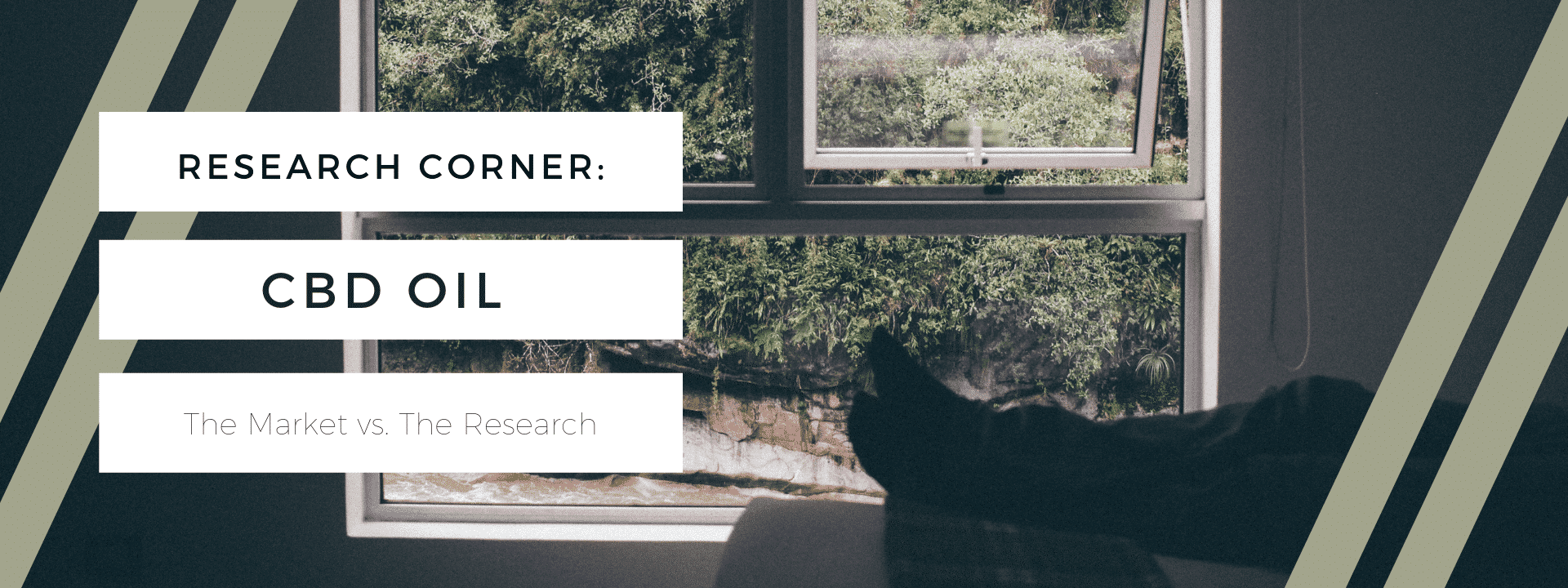Written by Bonnie McLaughlin for IVitamin
Sometimes I wonder what happened to coconut oil, it was so popular there for a bit. You were supposed to make face masks with it and cook with it and slather it all over your body to make you Kim-Kardashian-on-instagram-shiny. I’m allergic to it so I remember lamenting my severe lack of health consciousness (and un-cool-ness) as I used my prepackaged face masks and cooked with, sigh, olive oil.
So what happened? There was a giant flash of light and just as quickly as it was shoved down our throats it disappeared into the night. Suddenly it wasn’t as healthy as people thought. Studies showed increases of unhealthy cholesterol levels in regular consumers and a comparison between coconut oil and lard was made (yikes). The results didn’t match the marketing and the fandom made a shaky backwards step into the bushes.
Simply put? The science caught up with the fad.
In a similar situation (although much more promising), science is trailing behind a booming market pushing CBD oil. Analysts predict an increase in the CBD market from hundreds of millions in 2018 to over 20 billion dollars by 2022. CBD purveyors can be found selling it all: drinks, tinctures, salves, pills, oil droppers…you can find just about any form but what you can’t actually find is the science to back the grandiose claims being made by some of these companies. Just this past July, the FDA released a series of warnings to companies across the nation who were distributing “unapproved cannabidiol products with unsubstantiated claims” to cure…well…just about everything.
Now, does CBD have medicinal properties? Absolutely, there is a form of it already approved by the FDA for childhood epilepsy and on the market for use. People with chronic pain, anxiety, and insomnia have been touting its positive results for years and the little research we have tends to support them. But as a cure for cancer/Alzheimer’s Disease/opioid withdrawal, the jury, ahem, the science, is still out. Fortunately, the research is growing according to the National Institutes of Health who state that funding has increased from zero in 2014 to around $16 million in 2018.
But before I get ahead of myself, let’s talk about what CBD actually is so we can dispel any myths you might be harboring as fact. Then we can jump into the good stuff, like what the research actually says and whether or not it might be helpful to you.
So what is CBD oil?
CBD oil is derived from the hemp plant, a variety of the cannabis sativa plant, and the straitlaced cousin of the marijuana plant. While the marijuana plant is psychoactive, the hemp plant is not. The high you get from marijuana is caused by the high percentage (20% or more) of tetrahydrocannabinol (THC) it contains. Hemp has very low levels of THC (0.3% or less) and instead has a higher composition (20% or more) of cannabidiol (CBD) which can be extracted from the plant and dissolved in an edible oil such as sunflower, hemp, or olive oil to make CBD oil.
How does CBD oil work?
CBD oil is generally consumed orally but there are studies currently using it topically for arthritic inflammation and pain, so the uses are still being discovered. Most popularly it is consumed in liquid form with a dropper aimed under the tongue or mixed in with something edible. It also comes in pill form, although without federal regulation, these can be the most problematic. Since scientists can’t always pinpoint exactly what CBD oil is doing within the body, the exact dosage for each ailment is still a mystery.
What are the side affects? Is it safe to use?
According to the World Health Organization, “in humans, CBD exhibits no effects indicative of any abuse or dependence potential…To date, there is no evidence of public health-related problems associated with the use of pure CBD.” But, there is a significant safety concern with CBD currently because it is being marketed and sold as a supplement, something that the FDA does not regulate. In some studies it has been shown to increase the levels of blood thinners and has also shown to cause liver damage in others, although in very low percentages. Those types of side effects do not appear to be the norm and researchers we studied say that most of the noted side effects are “manageable” like sleepiness or poor appetite.
What does the science say?
The strongest scientific evidence we have thus far for the use of CBD oil is for the treatment of childhood epilepsy syndromes that generally don’t respond to anti-seizure medications. Studies show that CBD was able to reduce the amount of seizures and in some cases, stop them altogether in children suffering from Lennox-Gastaut and Dravet syndromes. The first ever cannabis-derived medication, Epidiolex, was approved by the FDA in 2018 for these very syndromes.
Another study highlighted in the March 2018 edition of the American Journal of Psychiatry showed that after six weeks, people with schizophrenia who took 1,000 mg a day in addition to their normal medications had significant improvements in their symptoms. Researchers have followed up with a larger controlled study to further examine the potential for people suffering from schizophrenia that is currently underway.
Finally, there are various small-scale studies currently in progress that address the affects of CBD on insomnia, anxiety, and arthritic pain, all with promising results. However, researchers for the studies assert that larger clinical research studies are needed to confirm the initial findings.
Is it legal here in Texas?
Just this past June, Governor Greg Abbott signed a law allowing for Texas farmers to grow hemp as an industrial crop. Before this new law, the Texas government didn’t distinguish between hemp and marijuana plants, so this is a big step for agriculture and CBD studies in this state. Within this new law, he also allowed for an expansion of the types of hemp-derived products that are now legal in the state (as long as their THC level is below 0.3%). The federal government has removed hemp from their list of controlled substances and with Texas, there are now 43 states who have decided to opt into industrial hemp production in an attempt to boost their state’s respective economies.
And the verdict is…
Look y’all, I’m not going to tell you how to live your lives. Well…not in this instance. There are plenty of people who swear by CBD oil as a method for calming themselves and as a pain reliever. But whether or not it will work for you is TBD. What I will say is that the science is scrambling to catch up to the cultural fervor and we are a ways out from knowing the longevity of it. In the meantime, be mindful and wary in your experimentation and as with anything else, we advise you to talk to your healthcare professional before starting anything new, especially if you are already on any medication(s). It is incredibly important to do your research and know your options, but it is equally important to check with a professional for anything you might have unknowingly missed in your research.
Want to learn more about CBD oil, it’s uses, and the studies currently underway? Check out the links below:
https://www.health.harvard.edu/blog/cannabidiol-cbd-what-we-know-and-what-we-dont-2018082414476
https://www.karger.com/Article/FullText/489287
https://www.sciencenews.org/article/cbd-product-boom-science-research-hemp-marijuana
JOIN OUR COMMUNITY
Receive tips on wellness and nutrition, healthy food recipes, amazing workouts, events that bring our community together, and special offers directly to your inbox!
Contact & Visit
Hours of Operation
M: 10am-6pm*
Tu-W: 10am-4pm*
Th-Su: 10am-6pm*
* We seat the last patient 15 minutes before close time





